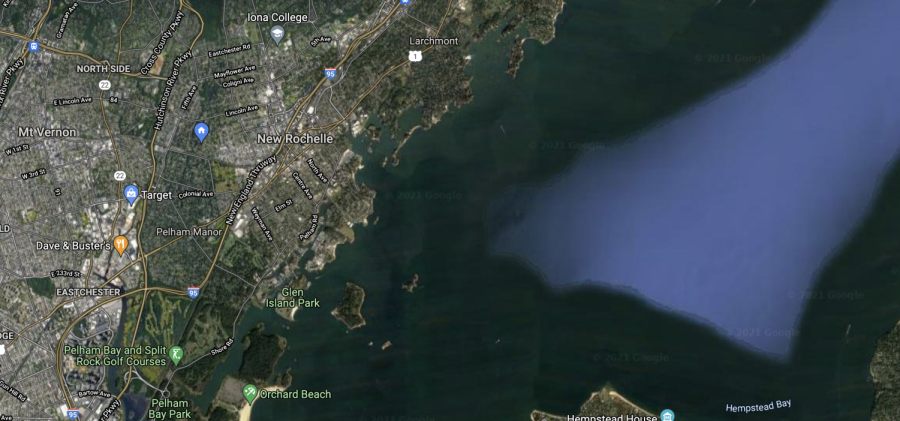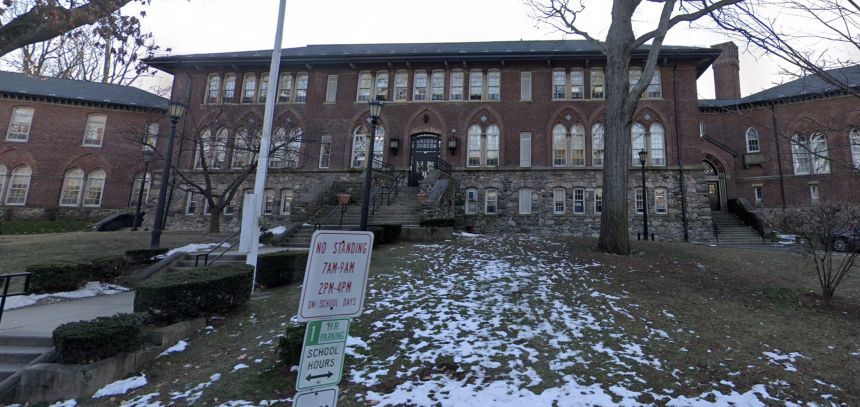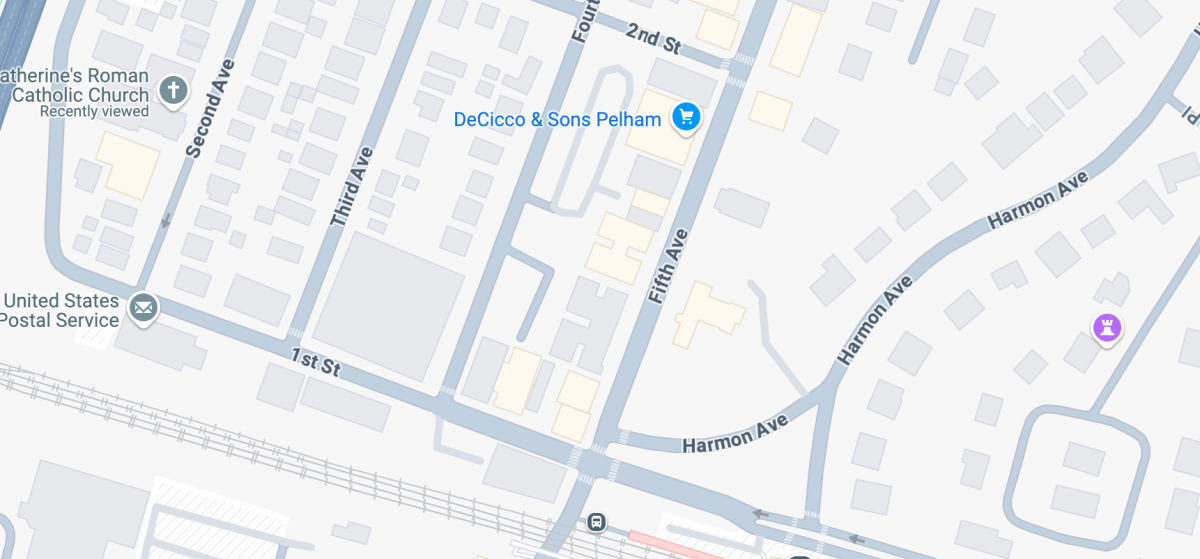Editor’s note: This press release was provided by Save the Sound. The Pelham Examiner publishes press releases in the form received as a service to the community.
Larchmont, NY — A collaborative agreement has been reached between Save the Sound and the four municipal members of the New Rochelle Sewer District (NRSD): the City of New Rochelle, the Town of Mamaroneck, the Village of Larchmont, and the Village of Pelham Manor. This settlement is the most recent to be struck in a case dating back to 2015, when Save the Sound filed suit against Westchester County and 11 municipalities over violations of the Clean Water Act. Save the Sound is represented by Super Law Group.
An initial agreement was reached back in November, after which the municipalities had to formally approve it through their governing boards. The settlement agreement was finalized on January 19, and delivered to the Department of Justice and Environmental Protection Agency for review. The agreement is expected to become effective in early March, 45 days after its submission to the federal agencies.
Previous settlements had been reached with the other seven municipalities: the City of Rye, City of White Plains, Town/Village of Harrison, Village of Mamaroneck, Village of Port Chester, Village of Rye Brook, and Village of Scarsdale. The case against Westchester County remains open, and negotiations are ongoing.
“This case really is a perfect example of why we’re here,” said Roger Reynolds, senior legal director for Save the Sound, who leads a legal team that enforces the Clean Water Act in cases across the Long Island Sound region. “We sparked huge clean water infrastructure investments in Westchester County and in these communities that are going to pay off in the long term for local water quality and for Long Island Sound.”
Those infrastructure investments come in the form of repairs to sewer lines in the affected communities. The four municipalities of the NRSD agreed to study and repair 170 linear miles of pipe and fix 25,000 defects. This deal means that in total 642.5 miles of sewer pipes have been or will be repaired and more than 64,000 defects have been or will be fixed across the 11 municipalities.
The case originated when Save the Sound became increasingly aware of the frequency and magnitude of raw sewage overflows throughout Westchester County, which degrade the water quality of Long Island Sound and the waterways that feed into it. Much of that pollution results from the sanitary sewer pipes that carry wastewater from homes and businesses to treatment facilities, where pollutants are supposed to be removed so that the water is made safe to be discharged into the environment. The aging wastewater infrastructure has deteriorated over the decades, making it vulnerable to stormwater overwhelming the leaky sewer pipes during rain events, which have grown more frequent and severe over the years due to climate change. The increased volume of water in the pipes causes sanitary sewage overflows and discharges of untreated sewage into the Sound both from the pipes themselves and from the treatment plants that can’t handle that volume of water. This sewage pollution contributes to periodic beach closures, the closure of shellfish beds, depletion of certain fish stocks, fish consumption advisories, and restrictions placed on certain recreational activities.
Specifically, the complaint claimed that Westchester County and the 11 municipalities were in violation of the Clean Water Act by:
- Discharging partially treated sewage in violation of the Clean Water Act;
- Causing a public nuisance; and
- Failing to enforce the County Sewer Act to limit illegal levels of flow from municipalities to the treatment plants.
“We saw there was a huge problem with the frequency of sewage overflows, which harmed Long Island Sound and endangered public health, and that the government agencies were not effectively addressing it,” said Reynolds, who first became aware of the problem through local pollution watchdog reports and alerts from New York’s Sewage Protection Right to Know Act, launched in 2013.
The route to the NRSD settlement took a different path than with the others. The municipalities filed a motion to dismiss, claiming, among other things, that they were not responsible because the overflow occurred on County property. The court sided with Save the Sound, noting that if a municipality’s excess flow causes a county plant to overflow, they could be held liable for that pollution under the Clean Water Act. After the court’s decision and continued litigation, a final agreement was reached.
Many settlements to date also include an Environmental Benefit Project to address water quality issues in waterbodies impacted by the pollution. The NRSD agreement requires the four municipalities to pay $180,000 toward an EBP at a location to be determined by the Westchester Soil and Land Conservation District, which also will oversee the project.
Save the Sound has been monitoring and enforcing the agreements it has already reached when the municipalities have failed to comply. In addition to the original consent decrees, Save the Sound has entered into supplemental consent decrees with the municipalities of Port Chester, White Plains, and Rye all intended to enforce the original orders and, in some cases, receive additional Environmental Benefit Projects.
The previous EBPs include:
- Village of Rye Brook (Jan. 2021): $47,000 for installation of a bio-retention filtration system to reduce pollution to the Byram River.
- City of Rye (Feb. 2021): A total of $300,000 between two consent orders to be used for projects benefiting water quality, including bioretention basins to treat stormwater pollution entering Blind Brook. All work on the sewer system is required to be completed by Dec. 2024.
- City of White Plains (May 2021): $9,000 to Bronx River Alliance to stabilize and provide a canopy to address erosion on the east bank of Muskrat Cove.
- Town/Village of Harrison (Nov. 2022): $60,000 to the Westchester Soil and Water Conservation District for projects to remediate water pollution and improve water quality in the Westchester County Long Island Sound watershed.
- Village of Scarsdale (June 2023): $150,000 will be used on projects to benefit water quality in the Long Island Sound watershed, including a bioretention basin to treat stormwater pollution.
Save the Sound will continue to monitor and enforce the progress of the repairs and of each Environmental Benefit Project and safeguard water quality around the whole Long Island Sound region.
- Announcements from local organizations will always have a home in the Pelham Examiner. We’ve published more than 4,000 from government, nonprofits, community service groups, entertainment and education events—and the list goes on. Donate to support the Pelham Examiner, the one-stop read for what’s happening in town.








